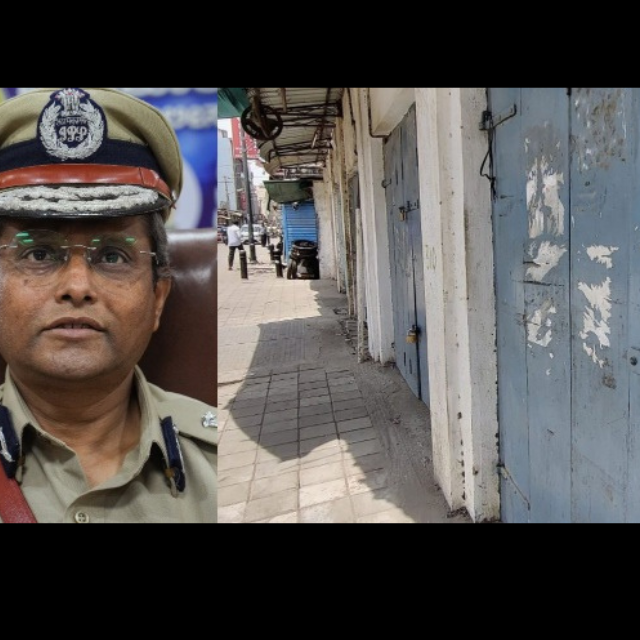Delhi Excise Policy Case: Supreme Court scolds CBI and ED for Investigative Techniques
- Posted on August 28, 2024
- News
- By Arijit Dutta
- 114 Views
The Supreme Court strongly criticized the CBI and ED's investigative methods in the Delhi excise policy case, questioning their fairness and impartiality.

The Delhi excise policy case has been criticized by the Supreme Court of India on the functioning of the Central Bureau of Investigation (CBI) and Enforcement Directorate (ED). This rebuke came on Tuesday, the same day the court allowed BRS leader K Kavitha to go on bail after she was arrested in mid-March.
The court also had a number of concerns regarding the bias of the investigation, especially the agencies’ choice of witnesses and accused individuals. Judges hearing the case said they were ‘sorry to see this state of affairs’ in the conduct of the probe.
Also Read: Supreme Court Grants Bail to BRS Leader K Kavitha in Delhi Excise Policy Case
One of the issues of concern was how the agencies dealt with witnesses. The court expressed its disapproval of the practice of transforming the people who implicated themselves into witnesses, stating that this was not fair and reasonable. The bench questioned, “You cannot select anyone you want, what is this fairness?” Such methods, the bench said, could lead to the accused persons being selected in a random manner.
When Additional Solicitor General SV Raju, who was arguing on behalf of the CBI and ED, sought to tender statements of the witnesses who accused Kavitha, the court warned that further arguments may force them to make observations on the bias or otherwise of the agencies.
The court also dealt with the issue of destruction of the mobile phone that was in the possession of Kavitha which the agencies accused her of evidence destruction. Her lawyer Mukul Rohatgi rubbished this as a mere allegation stating that Kavitha had merely changed her phone and had donated her old phones to the staff.
This judicial scrutiny of investigative practices in high profile cases may have far reaching consequences for future proceedings and may result in a rethinking of how central agencies conduct their investigations in politically sensitive issues.




